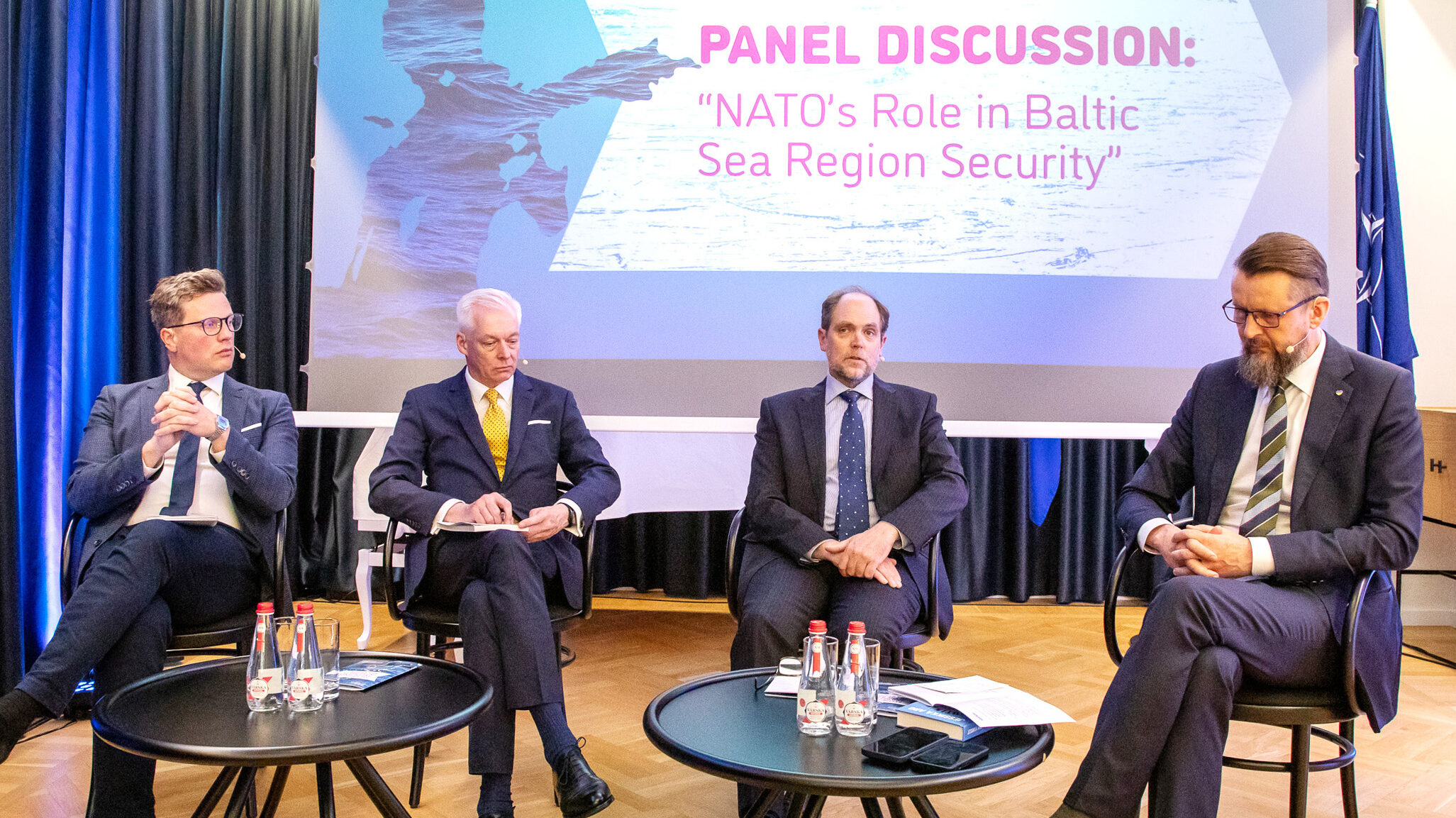(Estonia's KAPO is entrusted with counter-intelligence responsibilities similar to the Canadian Security and Intelligence Service (CSIS). However KAPO also has enforcement authority and some criminal investigation duties, such as government corruption, with which CSIS is not involved.)
Domestically, probably the most attention-arousing revelation dealt with the activities of Mihhail Kõlvart, Tallinn's vice-mayor, who has had regular contacts, both open and clandestine, with Juri Tsvetkov, a Russian “diplomat” stationed in Tallinn. According to KAPO's report, the relationship between the Russian “diplomat” and the city official involved Moscow's strategy in preserving the primacy of the usage of the Russian language in areas previously dominated by the Soviet Union.
One would not expect a military super-power to expend it's international intelligence efforts and assets on cultural pursuits, specifically language policies. But such culturally intrusive programs have been seen as a continuation of the Russification attempts by the USSR. That was the intention to install, in spite of the professed egalitarianism of Communist ideology, Russian culture and language as the undisputed dominant ethnic component within the soviet union.
“Amongst the Russian Federation's high priorities of international influence operations is the preservation of the Soviet era program giving the Russian language and corresponding education system a special status in neighbouring countries. Therefore the contacts between M. Kõlvart and J. Tsvetkov arouse attention and can be used by the latter as an influence activity,” the report says.
Tallinn's vice-mayor Kõlvart has been opposing Estonian legislation which established that 60% of instruction of previously Russian language state-funded schools to be given in Estonian. This legislation had been postponed for years to give Russian language schools plenty of preparation and adjustment to make the necessary changes.
KAPO's director general Raivo Aeg commented that “Education is an emotional topic, because it involves many people, children, grandchildren. Within this context it's easy to manipulate people's emotions. And this is exploited quite masterfully.”
Aeg was asked if Kõlvart realizes that he is being used. “It would be really sad if the vice-mayor didn't understand his activities.”
The report contains a picture series in which Kõlvart hands a package over to Tsvetkov which ostensibly contained nothing more than Estonian history texts. KAPO has not labelled Kõlvart an agent of influence. Aeg stressed that Kõlvart is using his constitutional rights and freedoms and in doing so has not overstepped the boundary.
Laas Leivat
(To be cont'd.)




